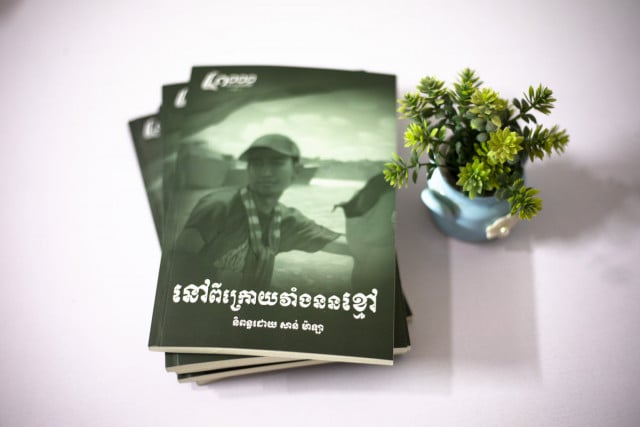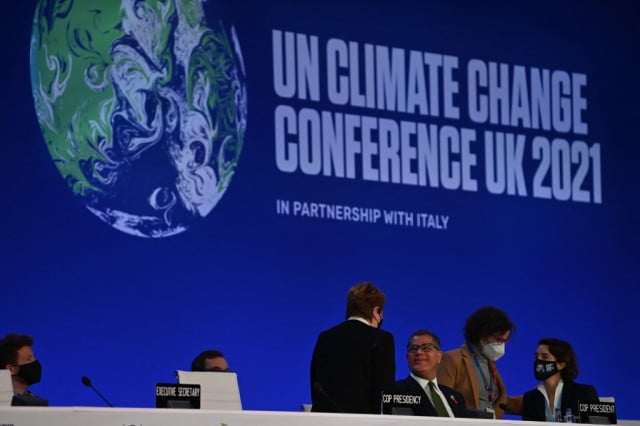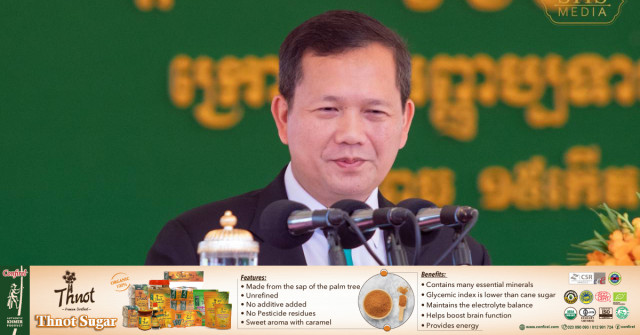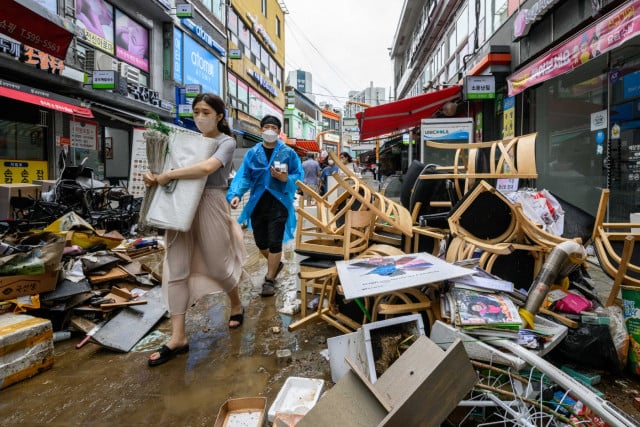Book Reveals Prison Life of Environment Activists

- By Sam Sopich
- and Lay Sopheavotey
- March 8, 2022 7:40 PM
Writer pulls back ‘Black Curtain’ on experiences
PHNOM PENH--A Cambodian environmental activist has written a book about his experience when he was jailed for his work against illegal sand dredging in Koh Kong province.
"Behind the Black Curtain" is written in the Khmer language by San Mala, now an advocate for the forest protection project advocacy group at the Cambodian Youth Network.
He decided to start on the book soon after he was released in 2015 after ten months and 14 days in Koh Kong provincial prison.
He said his main purpose was to share a real experience of prisoners of conscience who were arrested for standing up against sand dredging in the province.
In the book, the author highlights the life in prison of him, Try Sovika and Sim Samnang. All were former Mother Nature NGO environmental activists. It entails both bitter and cheerful tastes of life that he and other activist experienced in jail.
The 29-year-old says his book reveals the reality of prison, especially the environmental activists' commitment to protecting the natural resources of this generation despite the risks.
"The activities and lives of the inmates in the prison are a secret story for the public, and the well-being, the food and their daily lives are not known," Mala said.
“I consider that all these things as behind a black curtain, and this book will contribute to exposing all these aspects to the masses, especially supporters of environmental activities.”
Asked if the book can gain support from the public, Mala said he was confident that the book will be an important document in the future for the next generation of Cambodians to understand the courageous dedication of today's youth activists to protect the environment and natural resources.
“When people read my book, they can absorb the memories I have in prison. And fear cannot stop young people who are active in doing social works or make them worried about being imprisoned or being abused,” he said.
Mala said he is committed to writing more books focusing on justice and harassment of environmental activists as it can reflect the society so that the next generation can read and understand the situation.
University graduate Thom Roth, 23, gave her review of the book, saying it showed that it was tough to share the situation in the prison with others but was worth it because it was the true story of the author and let her understand the environmental activists’ life.
“I believe his book will eventually be deemed as real evidence that can speak of the arrest of either environmental activists or human rights activists. Therefore, learners and the public are going to recognize from his life that being an activist in Cambodia isn't easy,” she said.
“Furthermore, his sharing would be a starting point for new social change and protection should be given to all activists.
“The most incredible part of the book is about him being at the court in which he was repeatedly being asked the same question whether he was trying to bring the community to burn down the sand dredging company's ferry,” Roth said.
“It's surprising that he was repeatedly asked the same question even when he responded no. He was trying to hold a non-violent demonstration and raise awareness on environmental wellbeing.”
The book has 18 chapters and 106 pages, with 1,000 copies printed of the first edition.















